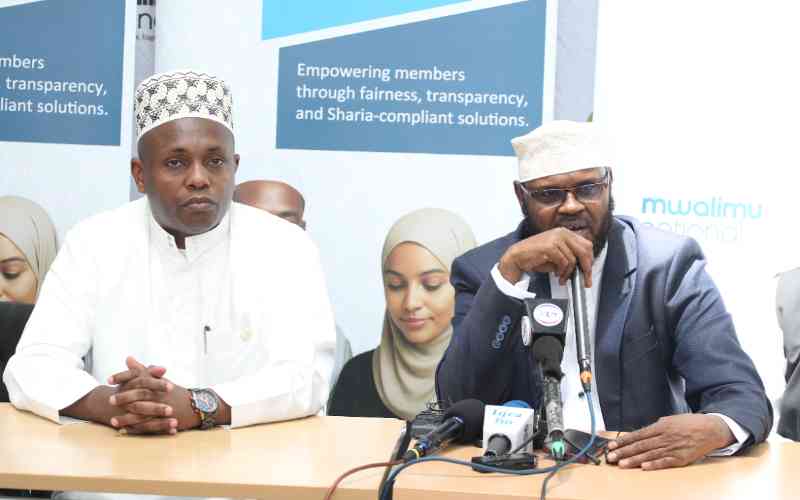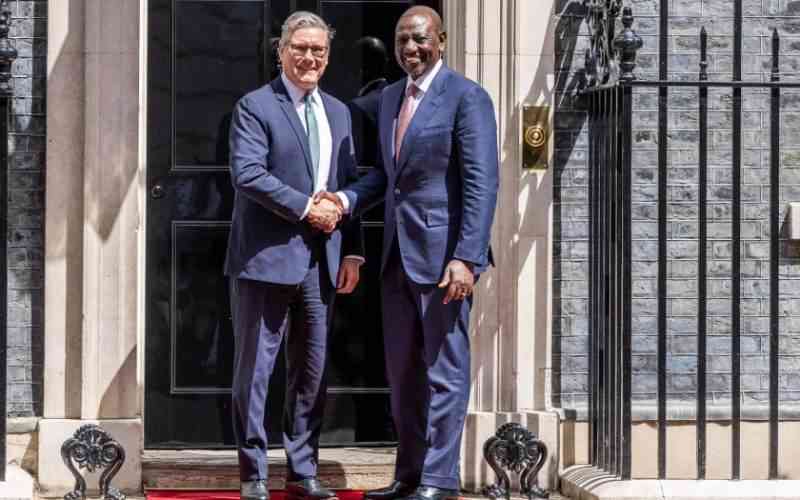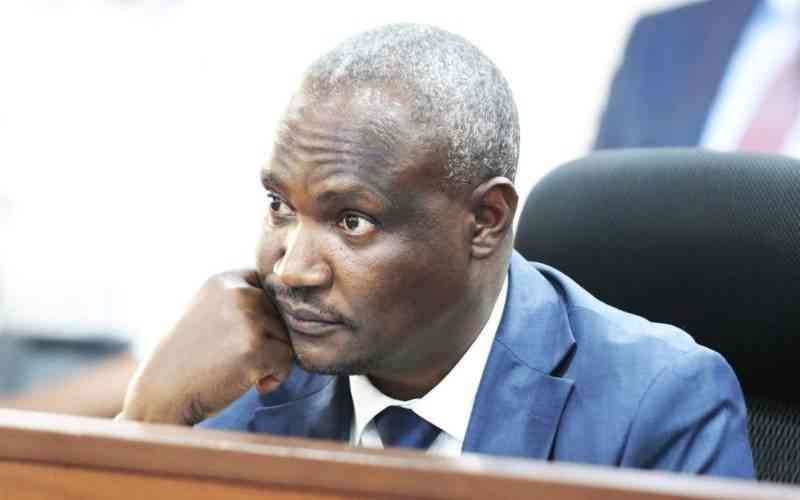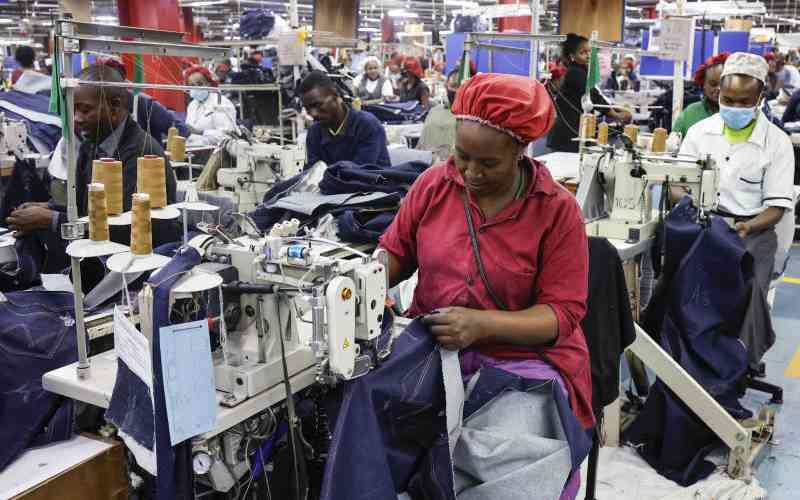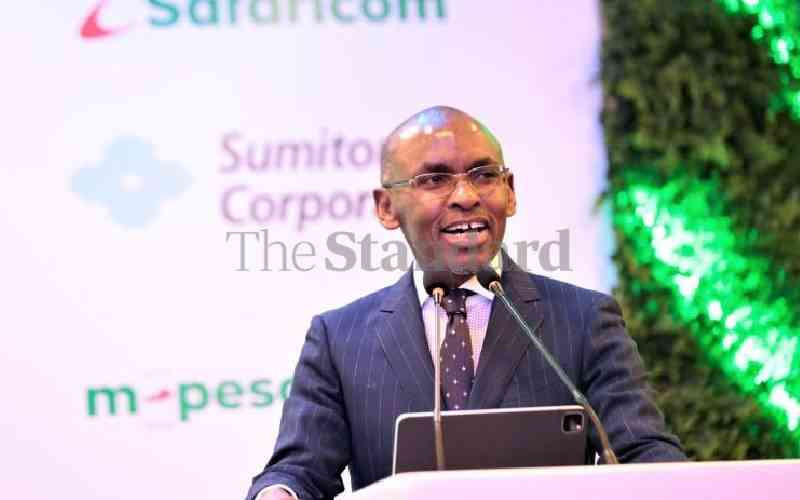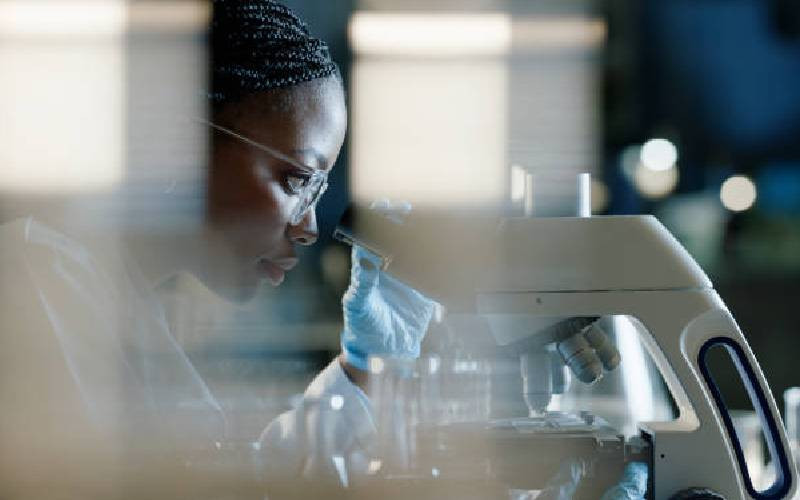
African countries must heed recent calls for stronger collaboration between scientists, policymakers and communities to bridge the gap between research and implementation. According to the African Population and Health Research Center, about 80 to 83 per cent of research resources are wasted because they are not being translated into action.
Even as universities and institutions generate ground-breaking research, a significant portion remains underutilised. Research and innovation are indispensable for achieving universal health coverage and national development priorities. That is why more should be done to produce, translate and apply research. Even more important is the need to measure research impact on people’s health and well-being.
From disease surveillance to vaccine introduction, to digital health and health financing models, research provides the evidence required to make informed decisions.
Technology should be used to bring interventions closer to the people. Scientists should use digital tools and artificial intelligence to speed up research translation and regulatory approvals.
The sheer volume of scientific data regulators must review is a major cause for delays in approving life-saving drugs such as heat stable carbetocin-medication used to prevent postpartum haemorrhage-which took years to be approved and registered.
Artificial Intelligence (AI) can help scan through thousands of pages in minutes. It is important to leverage AI to strengthen healthcare systems. AI tools can improve supply chains, clinical decision-making, disease surveillance, and health information systems.
At the same time, more should be done to build the capacity of policymakers on health research utilisation. One of the key challenges to research utilisation in health policy is limited capacity of policymakers to demand and to uptake research.
The media must be a key ally in transforming research into public good. Scientists are not the best communicators, but through the media, they can influence healthier behaviours. Collaboration with journalists is vital to ensure scientific information reaches communities in clear and relatable language.
Equally important, scientists should leverage digital media platforms such as Instagram, facebook, linkedin, X, YouTube and TikTok to make research more visible and understandable.
Partnerships that aim at solving real problems are essential. Scientists, government officials and media professionals must work hand in hand to ensure ground breaking discoveries made in laboratories translate into real-world benefits for communities.

